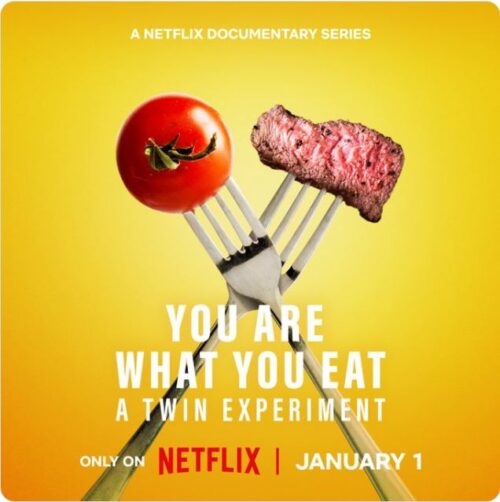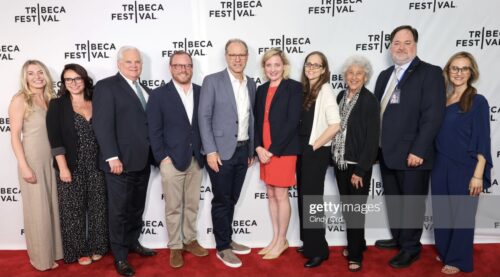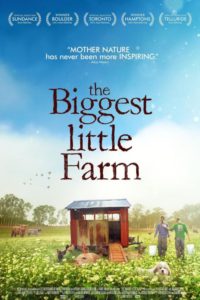The Stanford Twin Study: Now on Netflix!
A press release from Stanford University announced: Twin research indicates that a vegan diet improves cardiovascular health.
A Stanford Medicine-led trial of identical twins comparing vegan and omnivore diets found that a vegan diet improves overall cardiovascular health.
In a study with 22 pairs of identical twins, Stanford Medicine researchers and their colleagues have found that a vegan diet improves cardiovascular health in as little as eight weeks.
If this sounds like the basis of a Netflix documentary, it is. Here’s the trailer. Here’s where to find the film.

The study: Cardiometabolic Effects of Omnivorous vs Vegan Diets in Identical TwinsA Randomized Clinical Trial.
Intervention Twin pairs were randomized to follow a healthy vegan diet or a healthy omnivorous diet for 8 weeks. Diet-specific meals were provided via a meal delivery service from baseline through week 4, and from weeks 5 to 8 participants prepared their own diet-appropriate meals and snacks.
Findings: In this randomized clinical trial of 22 healthy, adult, identical twin pairs, those consuming a healthy vegan diet showed significantly improved low-density lipoprotein cholesterol concentration, fasting insulin level, and weight loss compared with twins consuming a healthy omnivorous diet.
Conclusions and Relevance In this randomized clinical trial, we observed cardiometabolic advantages for the healthy vegan vs the healthy omnivorous diet among healthy, adult identical twins. Clinicians may consider recommending plant-based diets to reduce cardiometabolic risk factors, as well as aligning with environmental benefits.
The study has its share of detractors, American Council on Science and Health (ACSH), for example: Stanford Medicine Releases Confirmation Bias Study; Media Takes The Bait. Its chief criticisms
- The improvements were in biomarkers, not health.
- Both diets were healthy,
- Obviously, diets without cholesterol will reduce cholesterol.
- Vitamin B12 levels were ldeficient on the vegan diet.
Comment: The ACSH is an industry-funded front group. Low B12 is an easy problem to solve, and vegans, who by definition eat no foods of animal origin, have to make sure they complensate for its absence.
The twin idea is clever and adorable—and the reason for the press attention and for the Netflix documentary. The study shows that vegan diets improve cardiovascular risk biomarkers in healthy people. Why not? This is further evidence for the benefits of largely plant-based diets.



